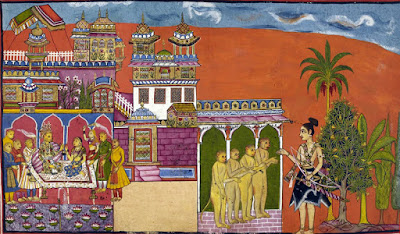Week 3 Review

After completing the backups and checkups, I scrolled through the announcements page and found one image and video which I found interesting. For the image, I chose one of Hunter's scuba diving photos , specifically the one with the giant turtle. Although I have been in the ocean many times, the idea of scuba diving that deep is interesting although terrifying to me. The idea of descending that far into the unknown is quite daunting, although I can relate it though to another image in the announcements page about following your own natural curiosity. Although I would be scared, I think I'd make myself do it just for the experience. For the video, I chose the Chaiyya Chaiyya/Don't Stop Mash-Up . This idea of doing mash-ups is quite fascinating to me as I'm very passionate about music, although I can imagine that the musical and editing skills needed to create a mash-up like this would be fairly elevated. It was very enjoyable to listen to, and the constant back and...

















